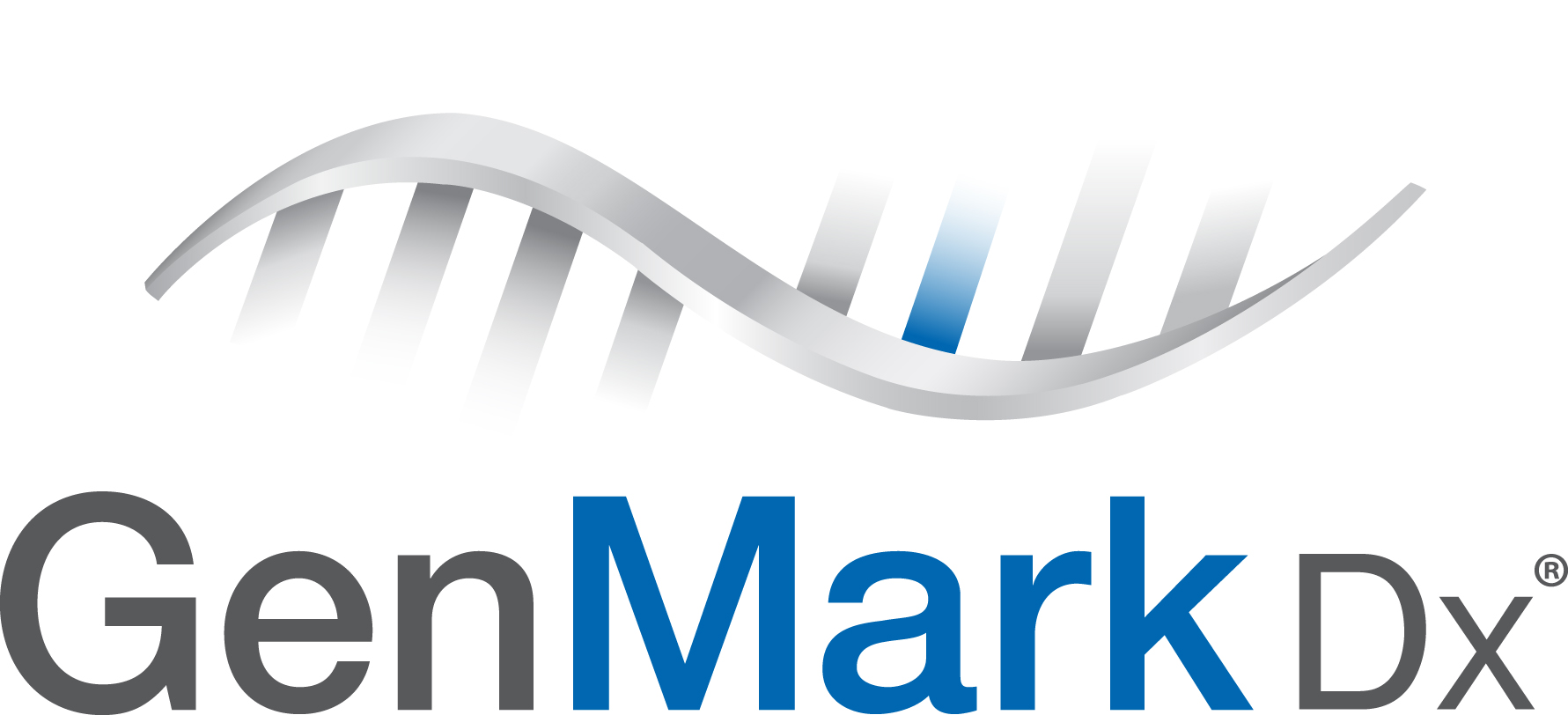Bloodstream infections (BSI) leading to sepsis are among the top 10 causes of mortality in the US. It is commonly recognized that more rapid identification and therapy can have a tremendous impact on patient recovery and length of stay (LOS). Traditional microbiology approaches to identify positive blood cultures are slow: this process can take 24 to 72 hours from when the blood culture becomes positive, which can be up to 24 hours after admission. This delay in identification results in patients receiving broad-spectrum antibiotic therapy for many days which may not be as effective as a more directed therapy.
Five years ago, rapid molecular testing for positive blood cultures was introduced to better serve our patient population with potentially life-threatening BSI. At the time this was being considered, there were only a handful of options available for this more rapid testing and each would add significant cost for testing. However, we anticipated this more rapid approach to BSI would allow for better antibiotic selection, better antibiotic stewardship, better patient outcomes and perhaps even reduce the LOS for patients. The goal was to ensure that patients received the best care, as soon as possible, given that faster results could lead to much better overall treatment.
To assess the impact of the new implementation on the patient population, healthcare providers and the overall hospital experience, data was collected on each patient tested which included LOS; outcome; turnaround time (TAT) for testing; percentage of resistant organisms identified by molecular, vancomycin usage; and cost of testing compared to any cost reductions. In addition, appropriate therapy and any therapy reduced or eliminated by this more rapid identification of pathogens in the blood were evaluated.
In this free webinar, the data collected from the last five years will be reviewed to show how moving from traditional microbiology methods to a rapid molecular technology surpassed expectations in many ways while highlighting some of the challenges and solutions associated with the move. Furthermore, this webinar will detail some of the limitations with the current molecular technology in the laboratory and what has driven the decision to bring on a more comprehensive molecular solution that is now available and how the decision to move to a new platform has been supported. This webinar will also highlight the importance of resistance genes and how they are used to guide medical staff, including the pharmacy, to streamline the process to appropriate therapy for each patient.
Speaker

Kevin M. McNabb, PhD, MT, Director of Microbiology, Immunology and Molecular Testing, Wilmington Pathology Associates, New Hanover Regional Medical Center, Wilmington, North Carolina
Dr. Kevin McNabb has served as Director of Microbiology, Immunology, and Molecular Testing since June 2012 at New Hanover Regional Medical Center with responsibilities for technical direction in all areas of the clinical laboratory. He is also a Microbiology Consultant for Wilmington Pathology Associates. Dr. McNabb obtained his Bachelor of Science in Biology at the University of South Carolina, his MBA at Embry Riddle University and his PhD at the University of South Carolina, School of Medicine. Dr. McNabb retired from active duty with the US Army after 28 years of service at the rank of Colonel. In the last three years of his service, he was the Division Director of Bacterial Diseases at Walter Reed Army Institute of Research, as well as the Microbiology Consultant to the Office of the Surgeon General. Dr. McNabb has presented worldwide on microbiology and authored and co-authored multiple publications throughout his career. His most current publication is the Virology Chapter for Medical Microbiology by Mahan et al., which is in its sixth edition.
Who Should Attend?
This webinar will appeal to individuals with the following or related job titles:
- Microbiologists
- Laboratory Directors
- Clinical Laboratory Scientists
- Infectious Disease Physicians and Pharmacists
- Antimicrobial Stewards
What You Will Learn
- An overview of the implementation process for rapid molecular testing methods for pathogen identification in bloodstream infections from conventional microbiology methods in a community hospital network
- How a cost justification was made for bringing on more expensive molecular testing methods over traditional microbiology methods
- The benefits of running a rapid molecular diagnostic test for blood culture identification including better antibiotic stewardship, improved patient outcomes and potential reduction in length of stay
- Why broader inclusivity of pathogen detection is critical and how to justify making a switch to a different molecular method
- Utilization of antimicrobial resistance gene detection and how to provide this information to medical staff to help foster more appropriate therapy to patients faster
Xtalks Partner
GenMark Diagnostics
GenMark Diagnostics is a leading provider of multiplex molecular diagnostic solutions designed to enhance patient care, improve key quality metrics, and reduce the total cost-of-care. GenMark’s ePlex(r): The True Sample-to-Answer Solution(tm) is designed to optimize laboratory efficiency and address a broad range of infectious disease testing needs, including respiratory, bloodstream, and gastrointestinal infections.
You Must Login To Register for this Free Webinar
Already have an account? LOGIN HERE. If you don’t have an account you need to create a free account.
Create Account

